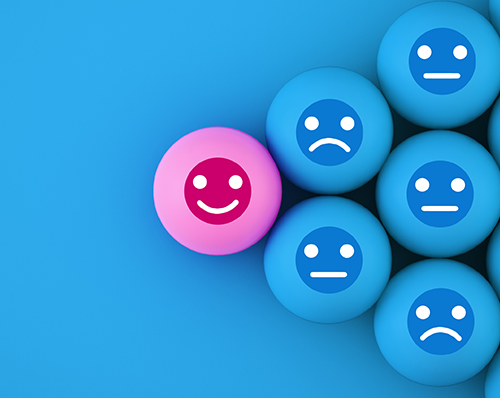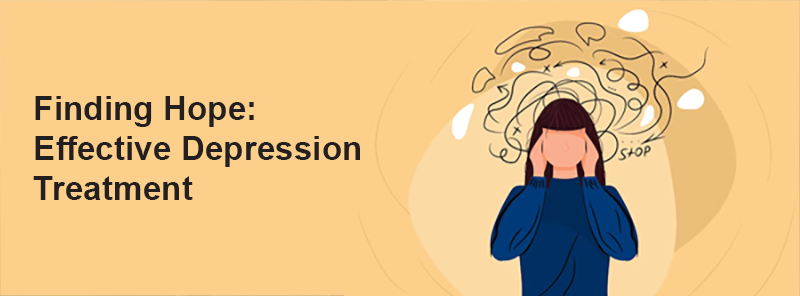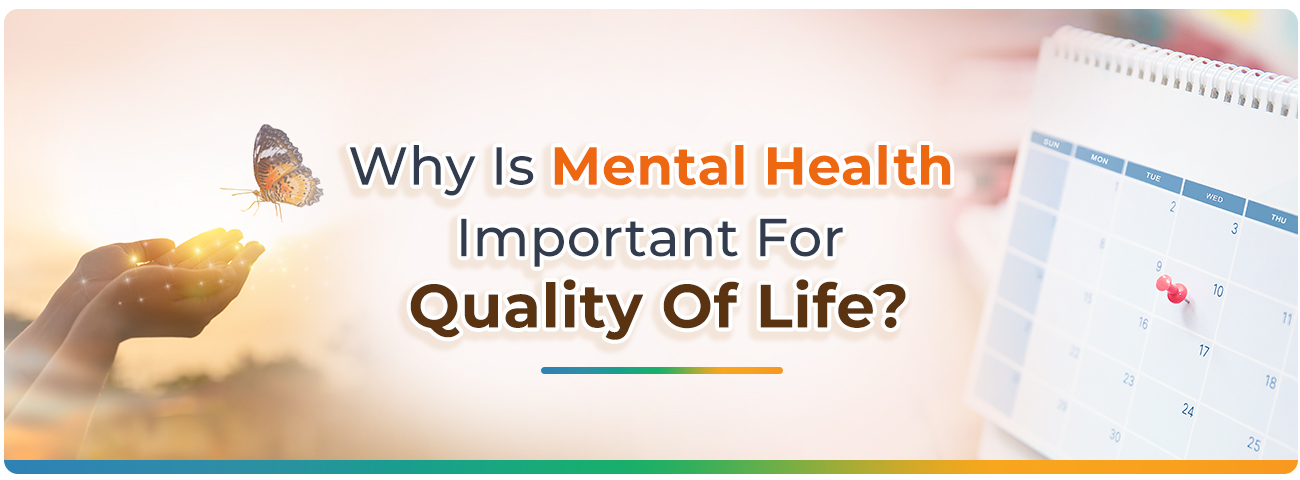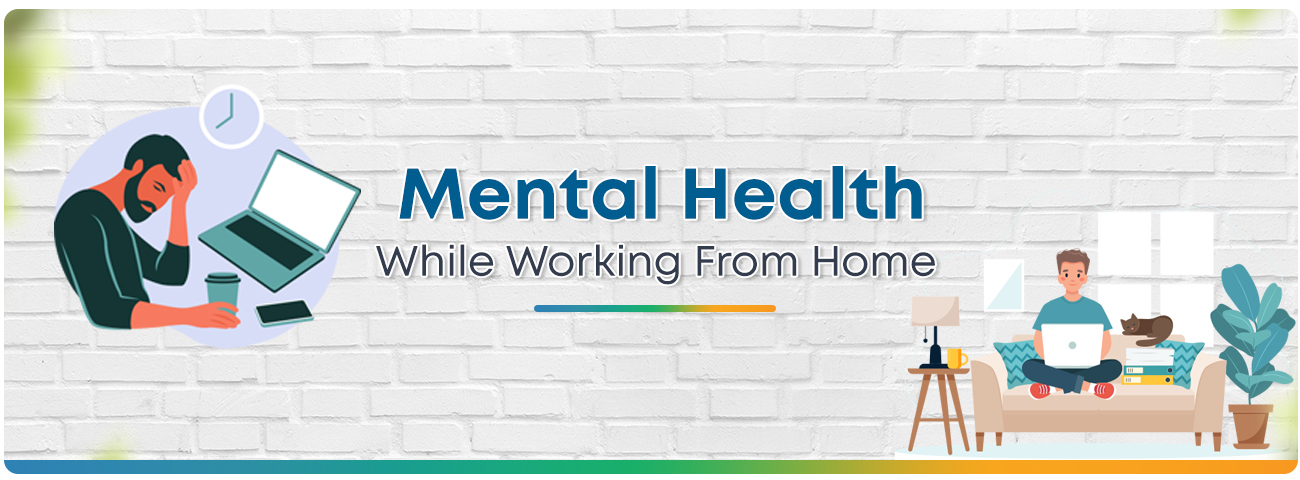How to take care of emotional and mental health?

In this blog, you will get proven tips a how to take care of emotional and mental health. Most of them think that mental and emotional health are the same and they are used as synonyms. In reality, emotional and mental health are different.

What is Mental Health?

Mental health is based on one’s thoughts and actions that are conducive to psychological, social, and emotional wellbeing. Mental health can be affected due to challenges, managing stress, and maintaining relationships. Mental health can be associated with symptoms like mood changes, lack of energy, insomnia, increased use of the drug, excessive sleeping, and drastic changes in eating habits.

What is Emotional Health?

Emotional health is having the awareness of self-emotions and the ability to express and manage them based on age and experience. There are no quick fixes for emotional health and it can be improved gradually. Emotional health improves by having a positive mindset focusing on strengths instead of weaknesses.
Difference between Emotional and Mental health

- Mental health involves processing and interpretation of experiences and information whereas emotional health is based on the ability to cope up with emotions arising out of learning and experience.
- Mental health issues can occur even if you have good emotional health. For example, you can get tired due to mental health issues but your emotional health can help you to manage the tiredness through effective coping mechanisms.
- Mental health also depends on the ability of reasoning, decision making, and adequate attention span to understand and process the challenges or situations. Emotional health has focused approach on the management of emotions through effective coping mechanisms.
Factors affecting Mental Health


- Drastic changes in lifestyle leading to chronic health problems can impact mental health to a greater extent.
- Stress is the precursor of issues like anxiety, depression, etc which are clear symptoms of mental illness.
- Sleep patterns like oversleeping or Insomnia affecting the immune and digestive metabolism
- Lack of physical activities to relax the mind
- Lack of balanced and nutritious diet as diet is linked with the hippocampus of the brain involving memory, learning, and mental health.
- Depression symptoms
- Low self-esteem
Factors affecting Emotional Health


- Abuse in any form
- Isolation or loneliness
- Emotional outburst due to social stigma or discrimination
- Losing someone who is very close
- Long term stress
- Prolonged physical illness
- Unemployment or loss of job leading to poverty or debt
Ways to Improve Mental Health


- It is better to draft a mental health plan mapping out actions that can lead to a healthy mindset.
- Increase physical activity like exercise or relaxation like yoga can help in maintaining calm.
- Ensure that you get an adequate supply of nutrition and modify your diet with whole-grain foods, fruits, and raw vegetables
- Write a gratitude journal focusing on your blessings to improve your mental health at large.
- Practice meditation and minimize stress using relaxation and breathing techniques
- Help others through volunteering, and it gives satisfaction and happiness.
Ways to Improve Emotional Health

It is better to control emotions and behavior to stay emotionally healthy. The emotional outburst due to loss, change, and disappointment can lead to anxiety and stress. Some people are resilient as they have good emotional health. Emotionally healthy people are focused, creative and flexible even during tough times. Emotional health is critical as it boosts self-confidence and self-esteem.
Some of the proven ways to improve emotional health are
- Create a positive impact on others by helping them. You will get a sense of accomplishment and boost your self-esteem.
- It is better to practice self-discipline and self-control in daily activities to keep a tab on the emotions eliminating any negative thoughts,and self-doubts
- Be a consistent learner. Learning new things can awaken the “intellectual candy” in you and help you to shift your focus from worry to interest.
- Enjoy nature or any art form and pursue your passion. Taking a stroll at the park can lower stress and blood pressure leading to a better mood.
- Stop worrying and start living at the moment. Worrying will drain your energy leading to anxiety, fear, and depression.
- Develop a hobby like drawing, listening to music, or gardening that can engage your mind meaningfully and creatively. This relaxation can appeal to your senses and eliminate worry.
 If you need anyone to discuss your mental and emotional health, you can connect with Mindful TMS certified counselors and seek professional help. Our expert psychiatrist will offer to counsel and support you with the coping mechanism to boost your mental and emotional health.
If you need anyone to discuss your mental and emotional health, you can connect with Mindful TMS certified counselors and seek professional help. Our expert psychiatrist will offer to counsel and support you with the coping mechanism to boost your mental and emotional health.






